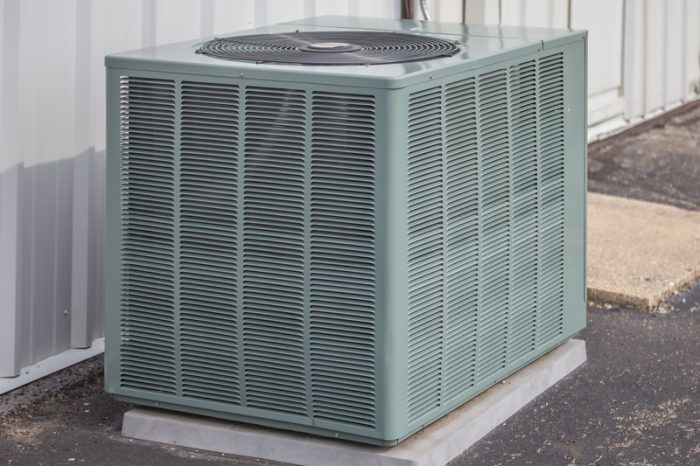ELCO, the German brand of commercial heating solutions, part of the Ariston Group portfolio, launches the Aerotop range of heat pumps on the local market, which uses the surrounding air as an energy source, a sustainable solution within a heating system, included in the energy class A++.
Aerotop M and Aerotop L are reversible air-to-water heat pumps (provide heating and cooling) and operate with R32 refrigerant, which efficiently transports heat and has a low environmental impact with a global warming potential (GWP) 70% lower compared to R410A.
“ELCO heat pumps complement the already existing solution, which consists of high-power condensing boilers and can be used as such (with powers between 24kW-88kW), in cascade (power up to 1.4MW) or in a hybrid system (heat pump and boiler). They offer residential, commercial and industrial building owners and developers a highly efficient heating and cooling solution that can make a significant contribution to reducing energy consumption and provide control over operating costs. After the launch of Ariston heat pumps for domestic use, we brought to Romania this solution intended for companies, for large spaces. We believe that the choice of sustainable products, which use renewable sources, is essential for reducing emissions and pursuing the climate objectives of the EU for 2030,” said Cătălin Drăguleanu, Senior Director, Ariston Romania.
Aerotop pumps can be combined with highly efficient gas condensing boilers, thus creating the best hybrid solution for heating, cooling and domestic hot water preparation. Also, using them in ECO mode allows the greatest energy savings, while maintaining a high level of comfort, heating or cooling. With this function, the main and secondary periods of use for daily operation can be defined, namely a period in which maximum comfort must be ensured (during the day) and a period in which energy saving is opted for (at night).
“Being some of the best-performing products in the category of applications that simultaneously offer heating and cooling, Aerotop products come with a whole series of benefits, namely they contribute to reducing the carbon footprint and improving the ecological footprint, considering that they generate less CO2. Also, the implementation of these products within a project contributes to reducing the costs of energy bills, heat pumps have lower service and maintenance costs and a longer life span,” added Cătălin Drăguleanu.
Heat pumps are currently the predominant heating technology in several countries. For example, the use of heat pumps exceeds 60% in buildings in Norway and over 40% in Sweden and Finland, respectively.
Considering the many advantages they bring, several states have adopted policies to alleviate the financial and informational obstacles related to industrial heat pumps. For example, Germany offers financing for energy efficiency programs aimed at companies, which can offset up to 55% of the initial cost of a project aimed at installing heat pumps, program capped at EUR 15 million/project. Other European countries have adopted comparable initiatives or provide support for the installation of industrial heat pumps as part of national energy efficiency programmes.
The launch of the new ELCO products takes place at a time when the construction market in Romania is aligning itself with European sustainability policies, with the entry into force of the technical regulation Mc 001-2022, regarding the methodology for calculating the energy performance of buildings. The new regulation specifies the documents that must be presented by builders in different phases of the design or in order to receive new buildings (mandatory in the NZEB category – buildings with near-zero energy consumption), respectively of existing ones that are being renovated. The technical requirements imposed by the new regulation will contribute substantially to the reduction of energy consumption and greenhouse gas emissions in the field of construction, respectively to the increase of the percentage of energy consumed, coming from renewable sources until 2030 and the decarbonization of this sector until 2050.
